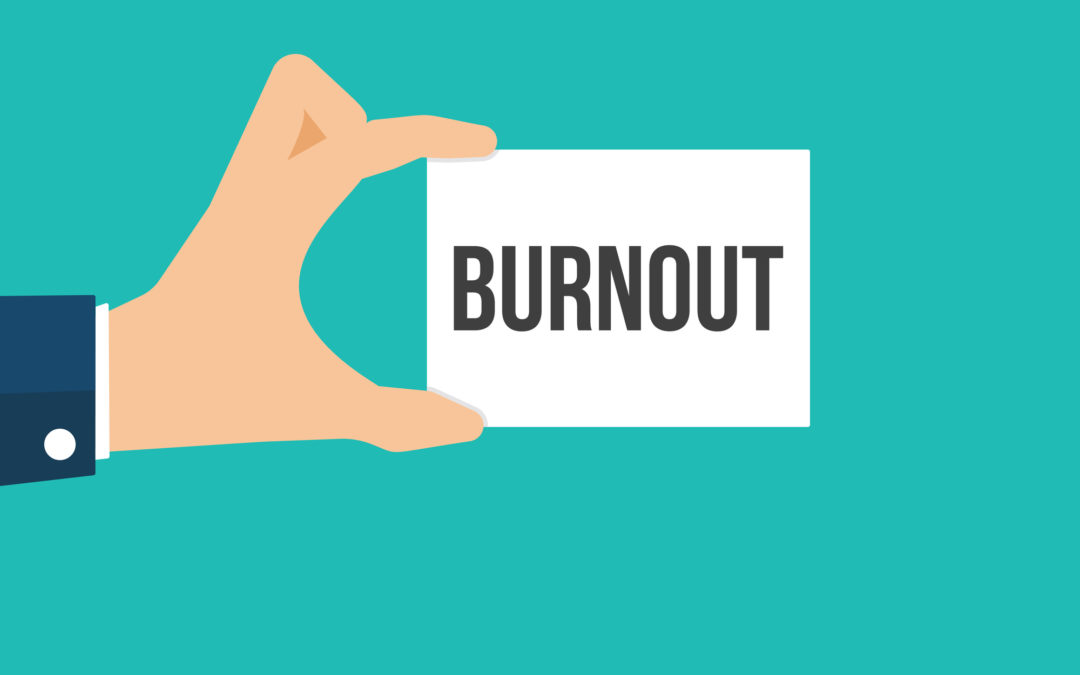The move to ‘working from home’ has taken its toll on many. Some reports suggesting more than half of those working from home have experienced a negative impact to their mental health.*
There are two key influencers of this negative experience that determine how quickly burnout is likely. These are Team: What are the dynamics and how effective is the leader?. And secondly, Time: What influence do I have on my working hours?
Team
Our socially wired brain works best when we feel that we belong and are valued and respected for our individual contributions and rewarded fairly for it. Working in isolation at home has not checked all of these boxes for many people.
Leading social neuroscientist, Naomi Eisenberger, discovered that when people feel excluded or neglected, we process the experience in the pain circuitry of our brain, as if suffering from a real physical injury.
Leaders who do not know how to identify and then resolve negative social dynamics on their teams are impacting productivity, literally impairing peoples’ capacity to think, process, remember and share information. Poor team dynamic creates a threat state for employees that lowers resilience, creativity, collaboration and engagement – putting employee mental health at risk.
Questions to ask:
- What is the dynamic on my team?
- How do I feel in calls/meetings?
- How safe does it feel to speak up and challenge perspectives?
- To what extent does my voice get heard?
- How supported do I feel by my manager?
Time
The second key influence on how effectively we are working from home is time. Many people working from home are working as much as 25 percent longer than before the pandemic. One study found that Canadians are spending two additional hours per day in front of their screens since working from home. **
Smart employers give people choice and flexibility over their work hours, tapping into the brain’s pleasure and reward response that comes from feeling we have autonomy and choice. This brain state is more conducive to innovation, collaboration and high engagement. Adding to that, a workforce that experiences fair expectations and choice over how they spend their time is less likely to burn out, check out and experience the serious health implications that come with working 55 hours per week or more, according to World Health Organization. ***
Questions to ask:
- How many more hours am I working each day?
- How is my daily working routine affecting my physical and mental health?
- How sustainable is my current working routine?
- How much longer am I willing to work/live this way?
- What request do I need to make regarding my working hours?
* https://www.businessbecause.com/news/insights/7244/working-from-home-mental-health
** ‘Home Workers Putting In More Hours Since COVID, Research Shows’, The Guardian.com, Feb 04 2021.
*** https://globalnews.ca/news/7868092/work-from-home-long-hours-who-study/


Recent Comments